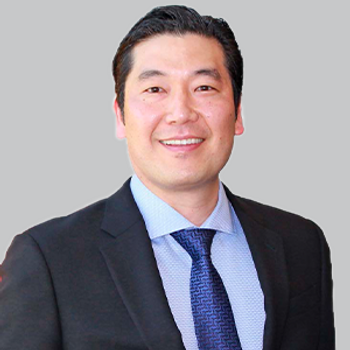
In the first of its kind ARISE study, treatment with dimethyl fumarate resulted in more than 80% reduction in risk of first demyelinating event relative to placebo.

In the first of its kind ARISE study, treatment with dimethyl fumarate resulted in more than 80% reduction in risk of first demyelinating event relative to placebo.
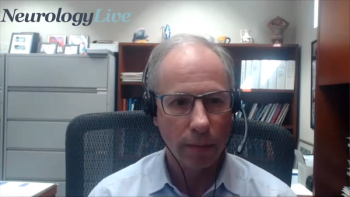
The neurologist in the Mellen Center for Multiple Sclerosis Treatment and Research at Cleveland Clinic, shares more on his late breaker presentation from the 38th ECTRIMS conference. [WATCH TIME: 4 minutes]
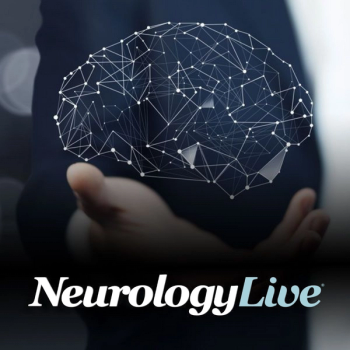
After preliminary data suggested that humoral response may be delayed among those vaccinated against COVID-19 treated with ocrelizumab, new data from the ECTRIMS Congress suggest a third booster dose can revive such response safely.

Data from the CLARIFY-MS study showed significant improvements in Multiple Sclerosis Quality of Life-54 physical and mental composite scores, with consistent safety and tolerability among patients with MS.
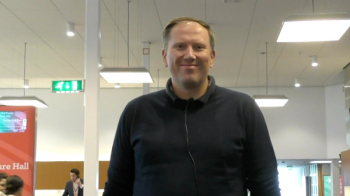
The professor of public health and sports science at Aarhus University shared his perspective on the potential to modify multiple sclerosis disease progression with lifestyle interventions. [WATCH TIME: 2 minutes]

Dose-dependent reductions in neurofilament light were observed at week 144 in both those who continued treatment from the double-blind period and those who switched from placebo.
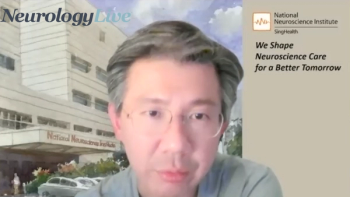
The senior consultant for the department of neurology at the National Neuroscience Institute shared more details about his presentation that he gave at the 38th ECTRIMS Congress. [WATCH TIME: 6 minutes]
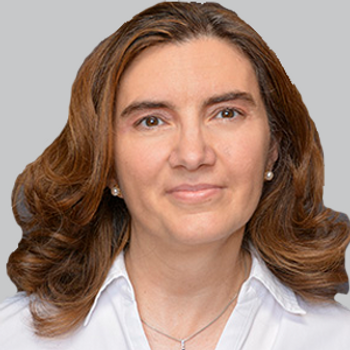
Using a cohort of more than 2000 pregnancies, the data showed an extremely rare number of major congenital anomalies while on ocrelizumab, as most patients underwent live birth with no issue.

The senior consultant for the department of neurology at the National Neuroscience Institute discussed his thoughts on improvements in the MS field in relation to this year's ECTRIMS conference. [WATCH TIME: 4 minutes]

Using phenotypically “extreme” MS groups, annualized brain volume loss was higher in progressors vs non-progressors and was predicted by baseline GFAP and NfL levels.

In a small real-world cohort, annualized relapse rates were reduced for patients with multiple sclerosis who switched to cladribine (Mavenclad; EMD Serono) from ocrelizumab (Ocrevus; Genentech), natalizumab (Tysabri; Biogen), and alemtuzumab (Lemtrada; Sanofi Genzyme).
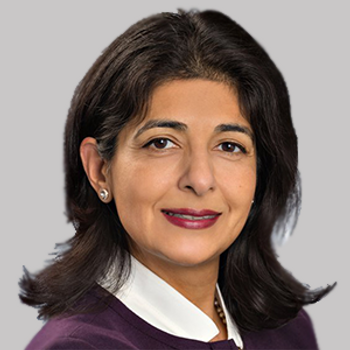
The favorable annualized relapse rates for fingolimod over interferon beta-1a observed in the 2-year core phase continued in a 5-year open-label extension.
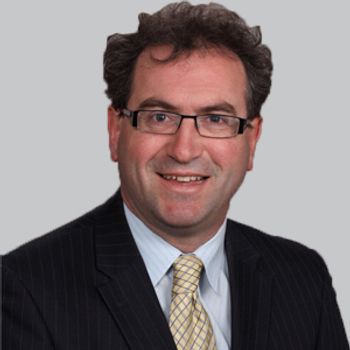
Over a median of 73.5 weeks of follow-up time, zero adjudicated relapses were observed for those with AQP4+ NMOSD on ravulizumab.

The senior consultant for the department of neurology at the National Neuroscience Institute shares what he looks forward to at this year's ECTRIMS conference. [WATCH TIME: 2 minutes]

Among 43 cycles that achieved pregnancy, investigators observed decreases of annualized relapse rates from 0.26 to 0.09.
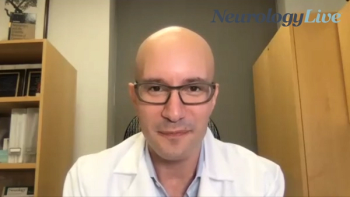
The neurologist at the Corinne Goldsmith Dickinson Center for MS offered a brief overview of his experience at the 2022 IFN conference held in New York City on September 23-24. [WATCH TIME: 4 minutes]

Test your neurology knowledge with NeurologyLive®'s weekly quiz series, featuring questions on a variety of clinical and historical neurology topics. This week's topic is the history of the European Committee for Treatment and Research in Multiple Sclerosis.

The composite score, which consisted of 6 linguistic features and 3 acoustic features, was shown to be sensitive to measures of disease progression, with a potential to help understand treatment response.
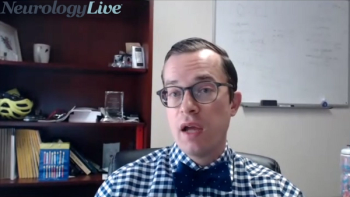
The assistant professor of neurology at Cleveland Clinic provided insight on the differences in ganglioside vs paranodal antibodies and their clinical use in various neuropathies. [WATCH TIME: 3 minutes]

Test your neurology knowledge with NeurologyLive®'s weekly quiz series, featuring questions on a variety of clinical and historical neurology topics. This week's topic is Alzheimer disease and dementia.
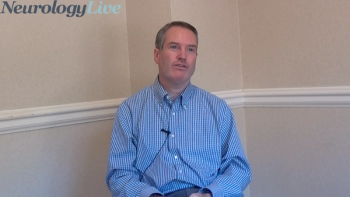
The associate professor at the University of Michigan described the ways recently published guidelines on diabetic neuropathies will change how conditions like Guillain-Barré syndrome and CIDP are managed. [WATCH TIME: 3 minutes]
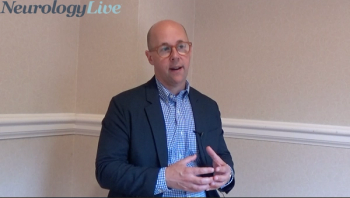
The clinical professor at the University at Buffalo discussed the complexities of using combination therapies to treat myasthenia gravis, and whether adverse events play a major role in treatment decisions. [WATCH TIME: 3 minutes]

Test your neurology knowledge with NeurologyLive®'s weekly quiz series, featuring questions on a variety of clinical and historical neurology topics. This week's topic is insomnia.

Nicholas Silvestri, MD, clinical professor at the University at Buffalo discussed topics related to the expansion of treatments for myasthenia gravis and the positive outlook of managing the disease.
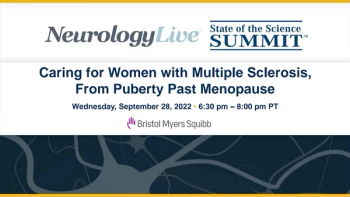
Chaired by Riley Bove, MD, of the University of California, San Francisco (UCSF), the presentations also feature Emmanuelle Waubant, MD, PhD, of UCSF; William L. Conte, MD, MS, of Methodist Hospitals; and Maria K. Houtchens, MD, of Harvard Medical School. [WATCH TIME: 1 hour, 31 minutes]

Danielle Kipnis, MA, of Columbia University, discussed the practice of yoga for people with functional neurological disorders from her research and recommendations for future studies in the field.
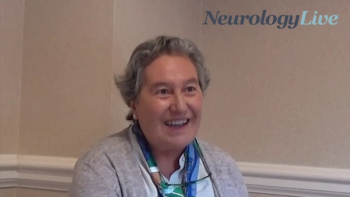
The professor of Neurology and Pediatrics at University of Rochester Medical Center discusses the progression of new treatment for Duchenne muscular dystrophy and provides suggestions for moving forward with research in the field. [WATCH TIME: 5 minutes]
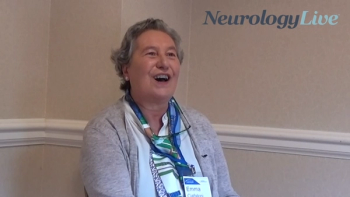
The professor of neurology and pediatrics at University of Rochester Medical Center gives some recommendations for the improvement in clinical trial design for patients with rare diseases such as Duchenne muscular dystrophy. [WATCH TIME: 5 minutes]

Test your neurology knowledge with NeurologyLive®'s weekly quiz series, featuring questions on a variety of clinical and historical neurology topics. This week's topic is general neurology, related to the recent 4th Annual International Congress on the Future of Neurology®.
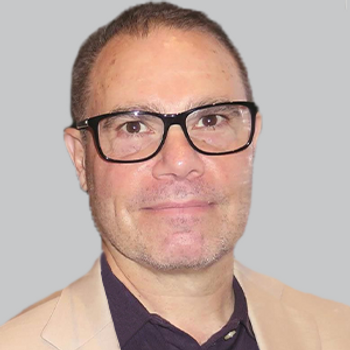
RESCUE-ALS trial, a phase 2 randomized controlled study, showed that ALS disease progression was significantly reduced with CNM-Au8 Treatment.